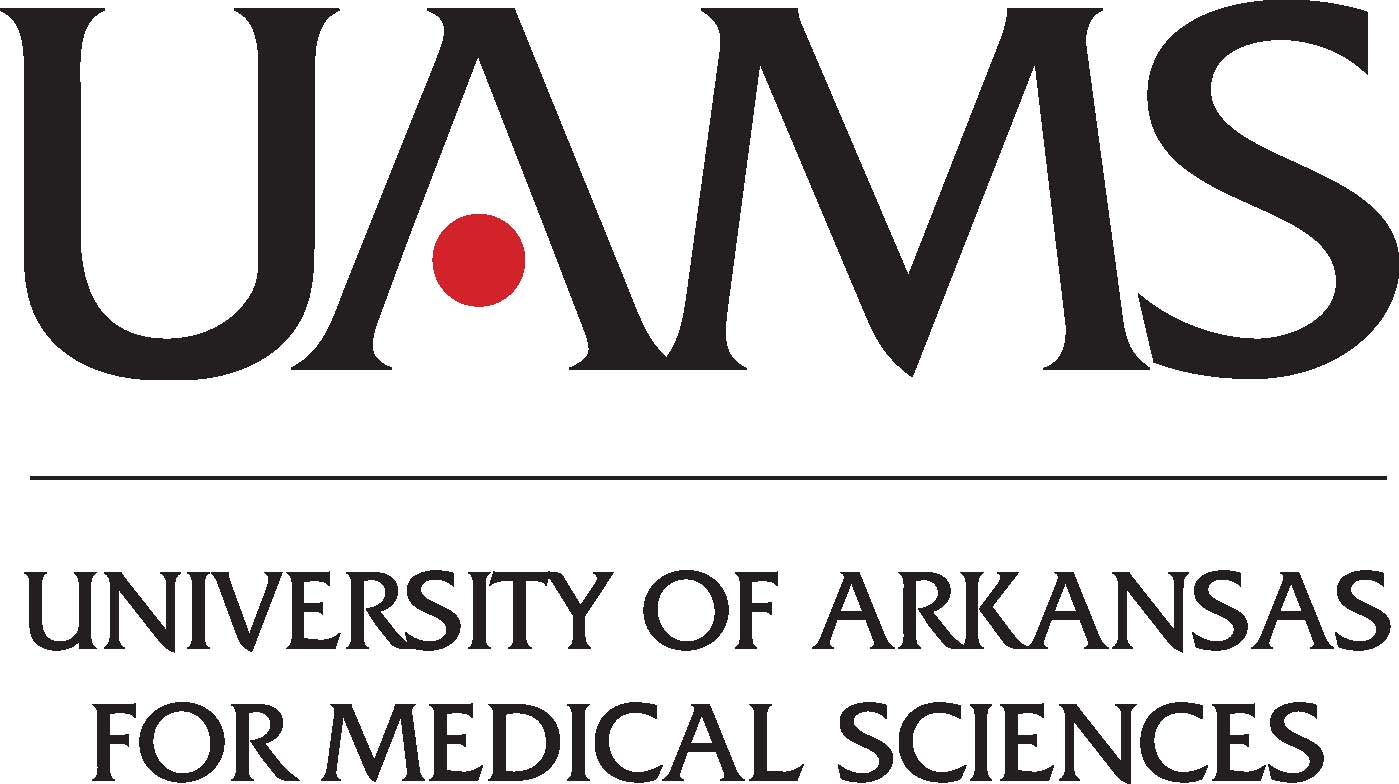Sphenopalatine Ganglion Block for Postdural Puncture Headache in the Emergency Department
| Status: | Not yet recruiting |
|---|---|
| Conditions: | Migraine Headaches, Hospital |
| Therapuetic Areas: | Neurology, Other |
| Healthy: | No |
| Age Range: | 18 - Any |
| Updated: | 1/26/2019 |
| Start Date: | June 1, 2019 |
| End Date: | July 2019 |
| Contact: | Carly Eastin, MD |
| Email: | cdeastin@uams.edu |
| Phone: | 765-430-8445 |
Sphenopalatine Ganglion Block for Treatment of Postdural Puncture Headache in the Emergency Department: A Prospective, Randomized, Double-Blind Placebo Controlled Study
This study evaluates sphenopalatine ganglion block (SPGB) for the treatment of postdural
puncture headache (PDPH) in the emergency department (ED). Half of the patients will receive
a true nerve block with lidocaine and bupivacaine. The other half will receive a placebo
nerve block.
puncture headache (PDPH) in the emergency department (ED). Half of the patients will receive
a true nerve block with lidocaine and bupivacaine. The other half will receive a placebo
nerve block.
Postdural puncture headaches (PDPH) are a common consequence of diagnostic lumbar puncture.
The gold standard treatment for a PDPH is currently an autologous epidural blood patch
(AEBP), which involves placing a needle into the epidural space of the spine and then
injecting 20 ml of the patients own blood through the needle and into the epidural space to
form a clot over the tear in the tissue layer that causes the headache. This is an invasive
procedure that carries risks of pain, bleeding, infection, and in rare cases, neurological
complications. We want to test the efficacy of using a less invasive procedure, called a
sphenopalatine ganglion block (SPGB), for treatment of PDPH. SPGB has been used for many
years in the treatment of migraines and cluster headaches, and there are several case reports
of its use to successfully treat PDPH as well. SPGB simply involves applying a local
anesthetic to the mucosa in the back of each nostril to numb the nerves that cause the
headache. We hope that the SPGB will reduce the number of PDPH patients that require an AEBP.
The gold standard treatment for a PDPH is currently an autologous epidural blood patch
(AEBP), which involves placing a needle into the epidural space of the spine and then
injecting 20 ml of the patients own blood through the needle and into the epidural space to
form a clot over the tear in the tissue layer that causes the headache. This is an invasive
procedure that carries risks of pain, bleeding, infection, and in rare cases, neurological
complications. We want to test the efficacy of using a less invasive procedure, called a
sphenopalatine ganglion block (SPGB), for treatment of PDPH. SPGB has been used for many
years in the treatment of migraines and cluster headaches, and there are several case reports
of its use to successfully treat PDPH as well. SPGB simply involves applying a local
anesthetic to the mucosa in the back of each nostril to numb the nerves that cause the
headache. We hope that the SPGB will reduce the number of PDPH patients that require an AEBP.
Inclusion Criteria:
- Active postdural puncture headache within 7 days after diagnostic lumbar puncture
- Age ≥ 18 years.
- American Society of Anesthesiologists (ASA) physical status ≤ 3
Exclusion Criteria:
- Known coagulopathy
- Known nasal septal deviation or abnormalities
- Medical conditions contraindicated to lidocaine or bupivacaine
We found this trial at
1
site
529 West Markham Street
Little Rock, Arkansas 72205
Little Rock, Arkansas 72205
(501) 686-7000

Phone: 765-430-8445
University of Arkansas for Medical Sciences The University of Arkansas for Medical Sciences (UAMS) in...
Click here to add this to my saved trials